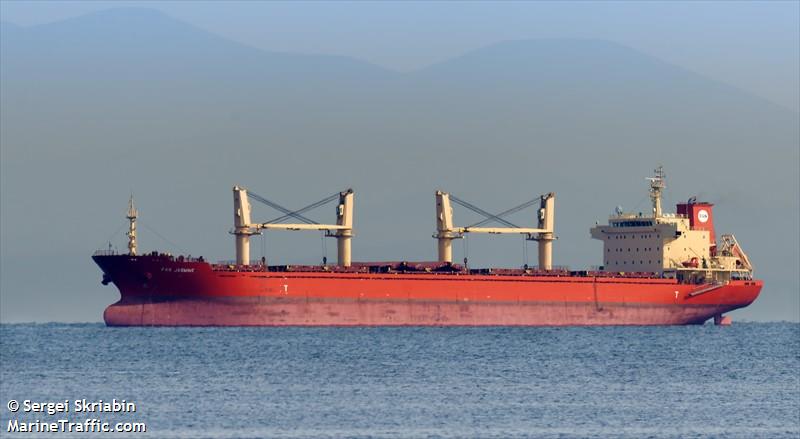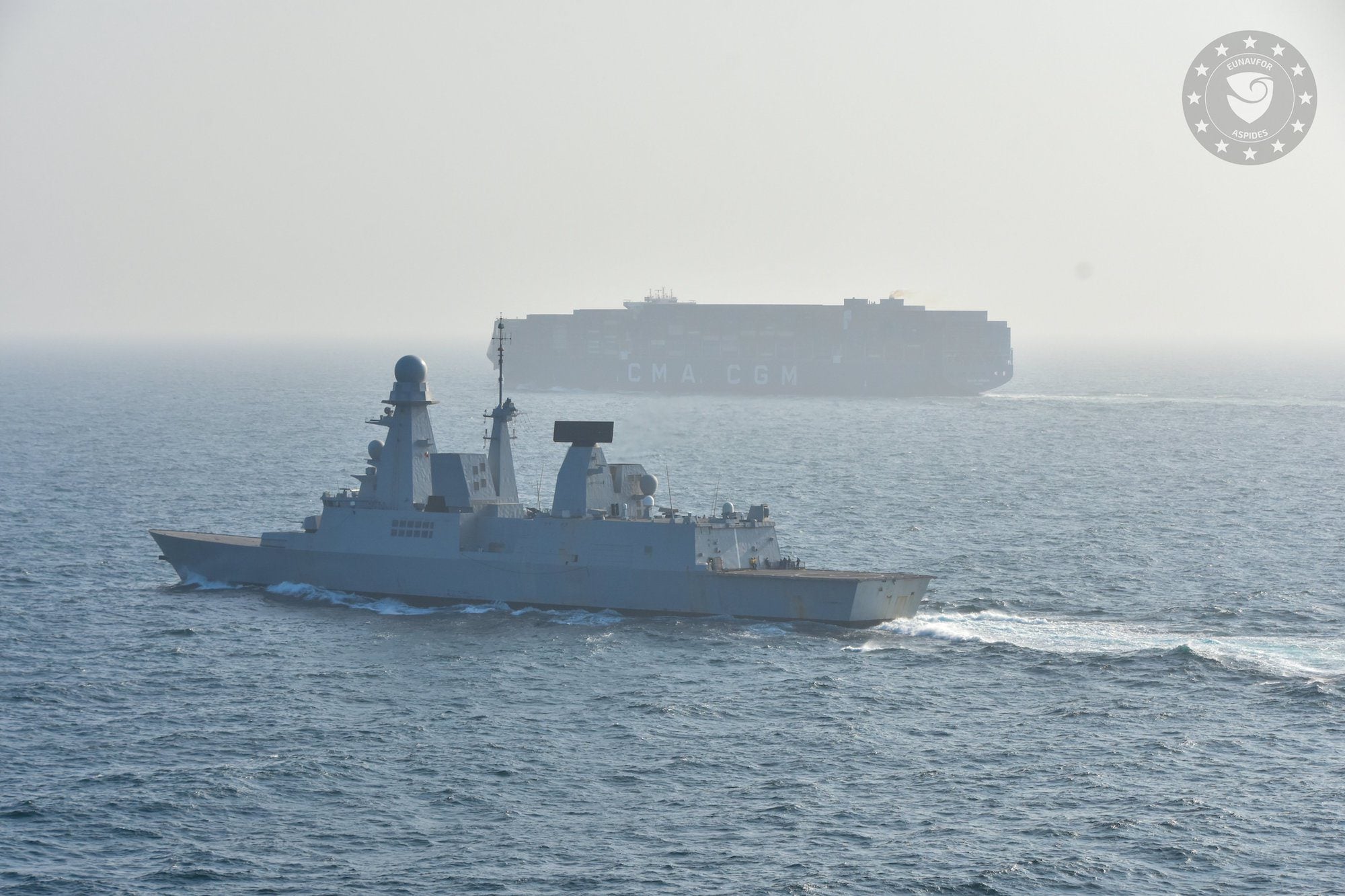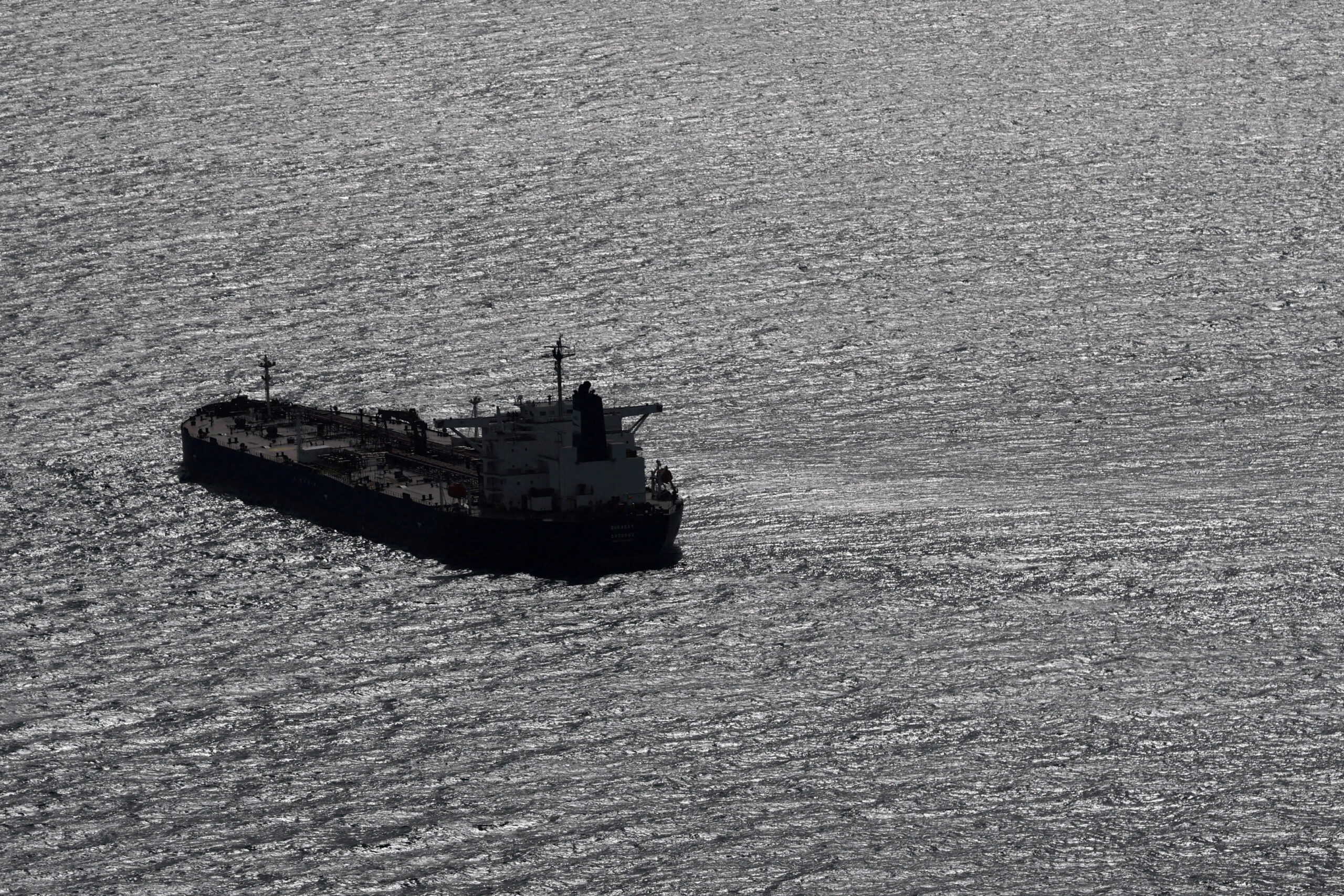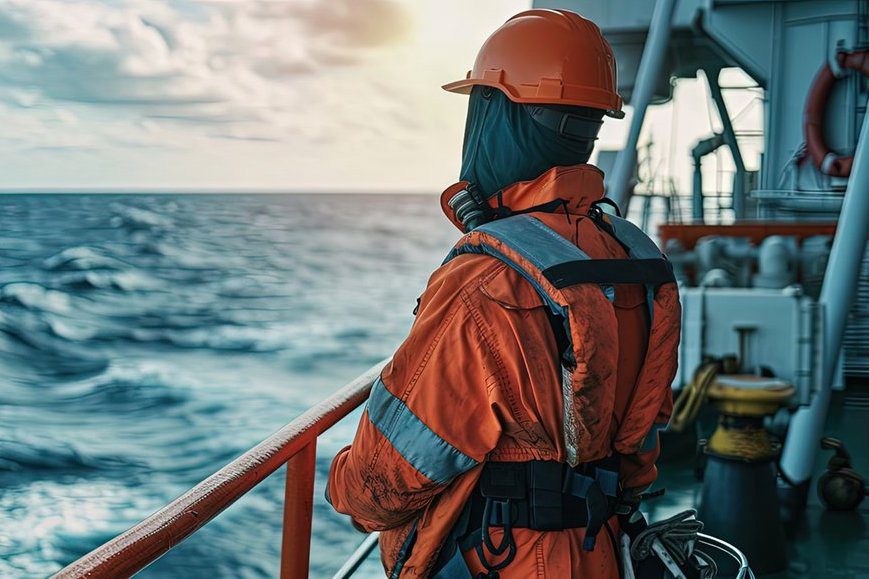Updated: October 20, 2023 (Originally published July 29, 2021)
U.S. Customs and Border Protection ordered a Panama-flagged bulk carrier to immediately depart U.S. waters earlier this month after the discovery of invasive insects on board.
CBP says the M/V Pan Jasmine arrived at an anchorage down river from New Orleans on July 17th, arriving from Paradip, India via Vera Cruz, Mexico.
An initial inspection of the vessel raised some red flags after it was discovered that the wood used secure a previous cargo of aluminum, known as “dunnage”, was left scatted on the deck, rather than offloaded in Mexico. This prompted a closer inspection by CBP and USDA personnel who discovered five separate pests, including two species (namely Cerambycidae, a type of beetle, and Myrmicinae, colonizing queen ants) that are known to pose a major agriculture threat to the U.S.
Due to the large volume of dunnage and the presence of the pests, the vessel was ordered to immediately depart U.S. waters, load the dunnage into the cargo hold and clean the decks prior to returning to the U.S. The Pan Jasmine departed on July 21st to Freeport, Bahamas, for dunnage disposal services.
According to CBP, cerambycids were discovered in New York City in 1996 and later in Chicago. Native to China and the Korean peninsula, the Cerambycids were accidentally imported into the U.S. via wooden shipping materials and, within two years, infestations resulted in the destruction of nearly 7,000 trees. The cost of eradication campaigns undertaken between 1996 and 2013 against the cerambycids were estimated to have exceeded $537 million, based on USDA Forest Service numbers.
“If the dunnage had been offloaded into the U.S., it would have been put in a Louisiana landfill where the insects could crawl out and invade the local habitat, causing incalculable damage,” said New Orleans Area Port Director Terri Edwards. “Inspecting wood dunnage of otherwise lawful shipments is one of the many, lesser known ways Office of Field Operations Agriculture Specialists help keep our country safe. I am proud of our agriculture specialists and the USDA personnel for recognizing these dangerous pests.”
Tags:
Editorial Standards · Corrections · About gCaptain

 Join The Club
Join The Club











